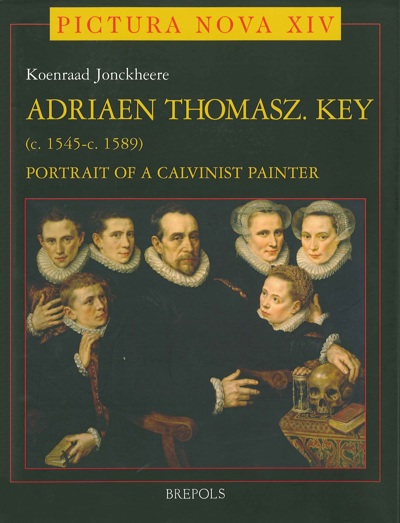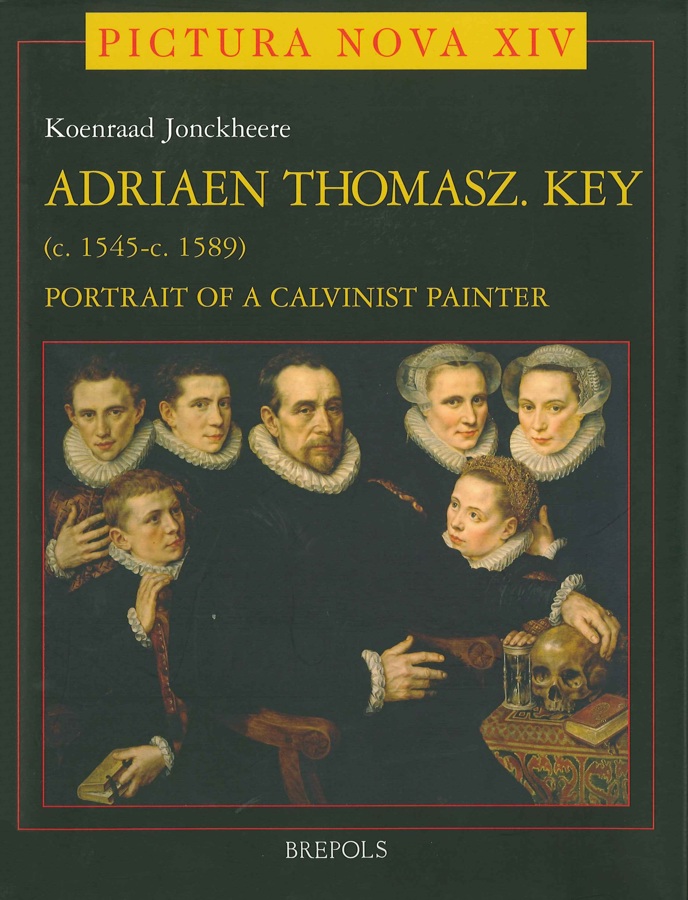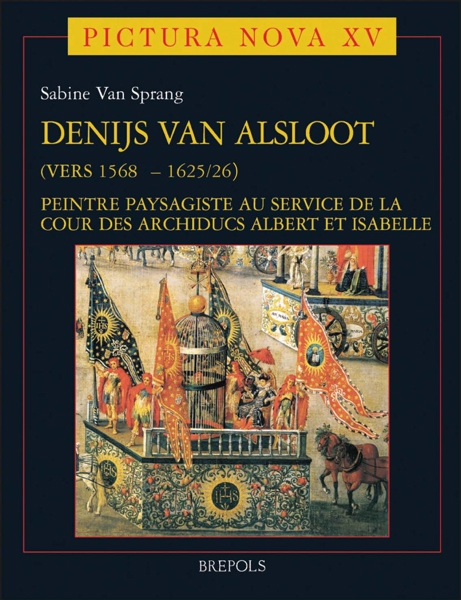
Adriaen Thomasz Key (ca.1545- ca.1589). Portrait of a Calvinist Painter
Koenraad Jonckheere
- Pages: 396 p.
- Size:190 x 250 mm
- Illustrations:199 b/w, 38 col.
- Language(s):English
- Publication Year:2007
- € 47,39 EXCL. VAT RETAIL PRICE
- ISBN: 978-2-503-52554-9
- Hardback
- Temporarily Out of Stock
Adriaen Thomasz. Key richly deserved his reputation as a portraitist. Some ninety percent of his preserved oeuvre consists of likenesses of the Antwerp and the Dutch elite. Adriaen Thomasz.’s skills as a portraitist were and are generally acknowledged. With a finesse and sobriety recalling that of Flemish Primitives such as Jan van Eyck and Hans Memling, he recorded his sitters with ruthless objectivity. The same sobriety and objectivity are to be found in his altarpieces and devotional paintings, a less known facet of his art. Often incorrectly ascribed as a lack of ingenuity or understanding of the Italian Renaissance and typified as archaising, Key’s history and devotional paintings prove to be of a huge intellectual resourcefulness and artistic talent. His art was a conscious, reformatory and humanistic intellectual discourse with his famous predecessors and contemporaries. The striving for photographic realism and sobriety in the oeuvre of the painter is tackled in this monograph, bearing in mind Adriaen Thomasz.’s humanistic concerns with iconography.
This richly illustrated monograph brings to light, for the first time, the oeuvre of a painter, called the most talented of his generation by David Freedberg. It consists of portraits and altarpieces, devotional paintings and chiaroscuro prints. The rediscovery of Adriaen Thomasz. Key’s art will be a eye opener to all scholars interested in the Netherlandish Renaissance and will hopefully induce new research into Adriaen Thomasz. Key and his contemporaries.




